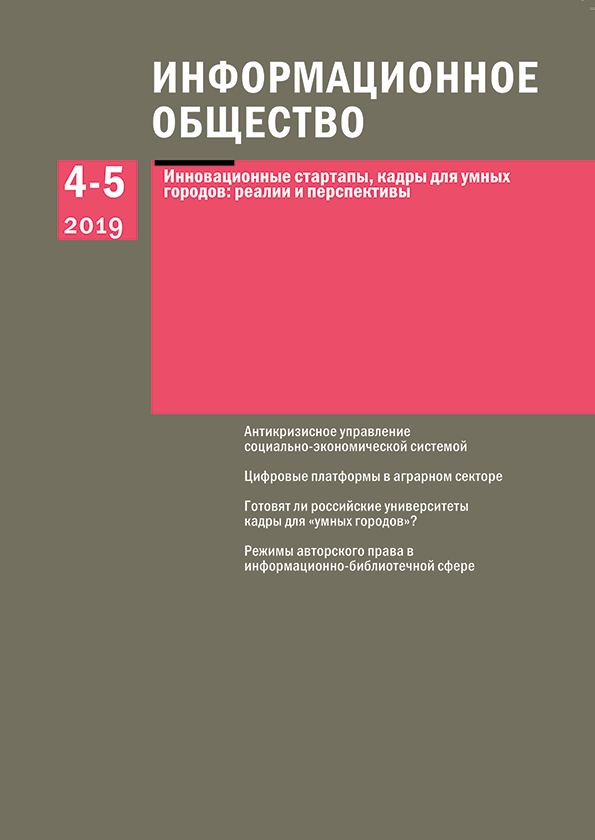Building a Model of the Impact of Modern Digital Communications on the Professional Competences of Russian Youth
Keywords:
digitalization of education, professional competence, digital competence, value profile, civil and socio-cultural adaptation, Russian youth, mathematical modeling.Abstract
The study, actualized by the digitalization of education and all branches of public life, is aimed at identifying the relationships between over-professional competences, digital competences, and the value profile of civic and sociocultural adaptation of Russian youth. The authors provide a rationale for the model of the impact of digital communications on the over-professional competences of the young generation of Russia. Modeling is carried out on the basis of a mass survey of Russian youth in an online questionnaire format and expert interviews with leading experts in the field of digitalization of education. To create a model of the impact of digital communications on the over-professional competences of young citizens of the Russian Federation, the analytical functions of the electronic software package for processing statistical data SPSS Statistic 24.0 are used: correlation analysis, calculation of average trends, modeling of the complex of relationships between over-professional competences, digital competencies, value profile, civic and sociocultural adaptation Russian youth (based on the relational approach of N.V. Khovanov). The study revealed: a high level of adaptation to the labor market of those youth representatives who choose a pragmatic strategy of professionalization, achievement-oriented values, demonstrates a harmonious type of socialization; the orientation of the Russian youth on the values of social trust, independent thinking, non-standard ways to solve professional issues, and therefore, on the willingness to diversify professional tracks.
